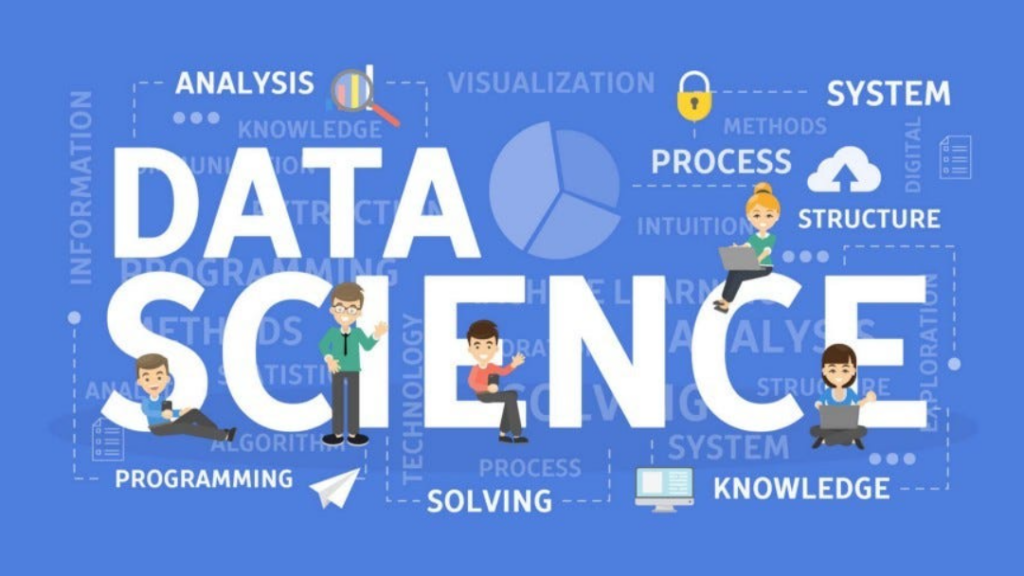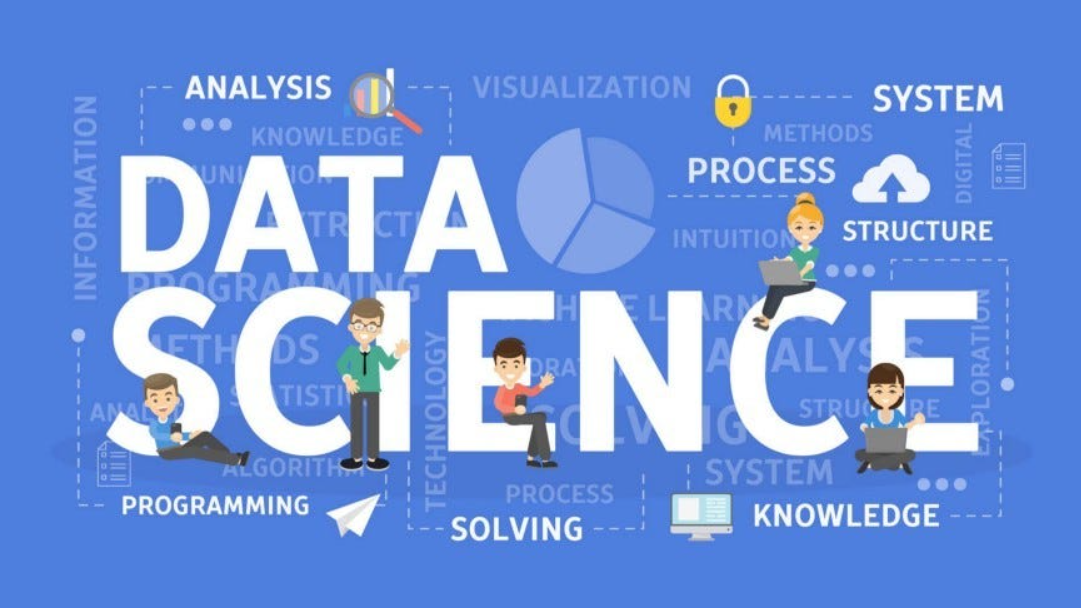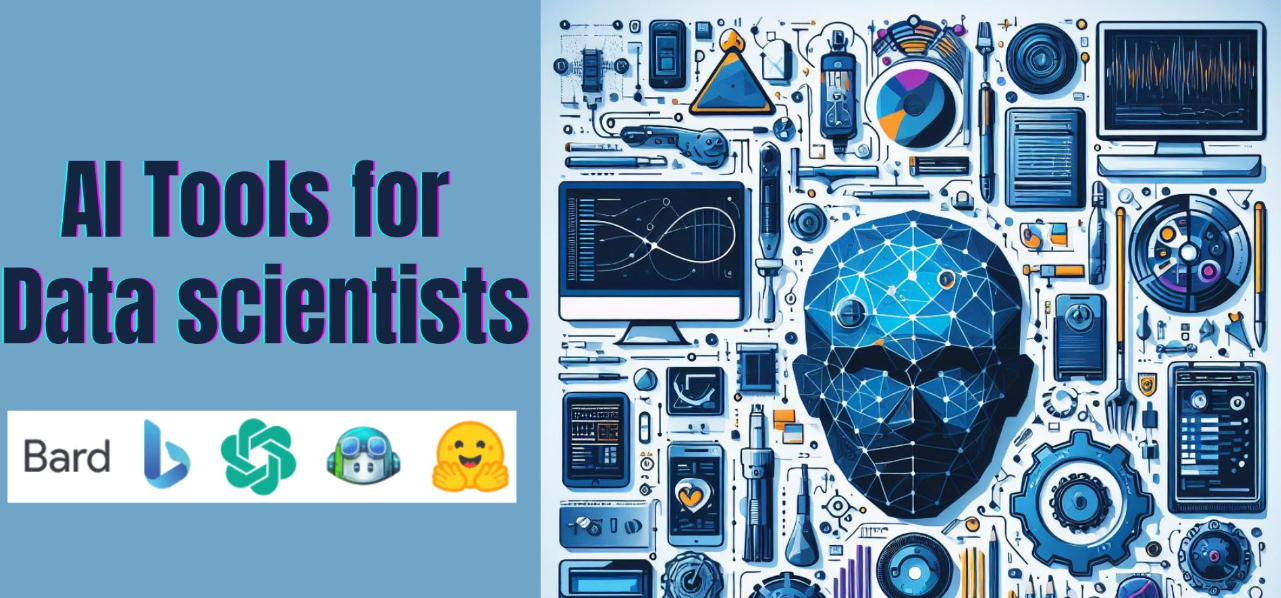In the rapidly evolving landscape of technology, the role of a Big Data Engineer is instrumental. As 2024 unfolds, the demand for individuals adept at managing, interpreting, and deriving insights from vast datasets continues to surge.
Top Big Data Engineer Skills for 2024

Big Data Engineering has evolved into a pivotal domain in the tech industry, revolutionizing how businesses utilize data. As we step into 2024, the demand for proficient Big Data Engineers continues to soar. These professionals play a crucial role in managing, processing, and analyzing colossal volumes of data to extract valuable insights. To thrive in this field, individuals must possess a distinct set of skills that cater to the evolving landscape of technology.
Critical Skills Required for Big Data Engineers
Technical Skills
Programming Languages
Mastering programming languages like Python, R, Java, and Scala remains fundamental for Big Data Engineers. These languages facilitate data manipulation, analysis, and algorithm implementation.
Data Processing Frameworks
Proficiency in frameworks such as Hadoop, Apache Spark, and Apache Flink is imperative. These frameworks empower engineers to handle large datasets efficiently, ensuring seamless data processing and analysis.
Database Management
A strong grasp of database management systems like MySQL, MongoDB, and Cassandra is indispensable. Understanding database architectures and optimization techniques is pivotal for effective data storage and retrieval.
Analytical Skills
Data Analysis and Interpretation
The ability to extract meaningful insights from complex datasets is a hallmark of a proficient Big Data Engineer. Skills in data visualization and statistical analysis are crucial for interpreting data accurately.
Problem-Solving Abilities
Big Data Engineers need robust problem-solving skills to address intricate data-related challenges. They must strategize and implement innovative solutions to optimize data processes effectively.
Soft Skills
Communication Skills
Effective communication is vital for collaborating with cross-functional teams. Big Data Engineers must articulate technical concepts to non-technical stakeholders concisely.
Project Management
Strong project management skills are essential to oversee data projects from inception to execution. Time management and organizational prowess contribute to successful project deliveries.
Emerging Trends in Big Data Engineering
2024 brings forth exciting trends in Big Data Engineering, including the integration of machine learning and AI for enhanced data analysis. The amalgamation of edge computing with Big Data will revolutionize real-time data processing.
Training and Certifications for Big Data Engineers
To stay competitive, pursuing specialized certifications like Certified Big Data Professional (CBDP) or Google’s Professional Data Engineer certification is advantageous. Continuous learning through workshops and online courses is crucial to stay abreast of industry advancements.
The Future of Big Data Engineering
The future of Big Data Engineering appears promising, with an increasing emphasis on data privacy, ethical considerations, and the evolution of data governance frameworks. Professionals adept in these domains will be in high demand.
The Evolution of Big Data Engineering
Data Privacy and Ethical Considerations
In the constantly expanding world of data, ensuring privacy and ethical usage stands as a pivotal concern. The emphasis on secure data handling and adherence to ethical guidelines is escalating. Big Data Engineers are expected to navigate through intricate regulations and implement robust data governance frameworks to safeguard sensitive information.
Integration of Artificial Intelligence (AI) and Machine Learning (ML)
The integration of AI and ML is a game-changer in Big Data Engineering. These technologies augment data analysis capabilities, enabling predictive analytics and automated decision-making. Engineers proficient in leveraging AI algorithms and ML models gain a competitive edge in deriving actionable insights from vast datasets.
Real-time Data Processing with Edge Computing
The convergence of edge computing and Big Data is redefining real-time data processing. Edge devices collect and process data closer to the source, reducing latency and enhancing efficiency. Big Data Engineers skilled in optimizing edge computing infrastructure will be instrumental in harnessing the power of instantaneous data processing.
Continuous Learning and Adaptation
The landscape of Big Data Engineering is dynamic, necessitating a commitment to continuous learning and adaptation. Professionals must embrace a growth mindset, actively seeking new skills and knowledge to stay relevant amidst technological advancements. Platforms offering specialized courses and workshops aid in honing expertise in emerging tools and methodologies.
Conclusion: Navigating the Future of Big Data Engineering
As we forge ahead into 2024, the role of Big Data Engineers remains indispensable in transforming raw data into actionable insights. A holistic skill set encompassing technical prowess, analytical thinking, and soft skills is paramount for success in this evolving landscape. Embracing emerging trends, prioritizing data privacy, and fostering a culture of continuous learning will steer Big Data Engineers toward a prosperous future.
Conclusion
In conclusion, the landscape of Big Data Engineering in 2024 demands a multifaceted skill set. Technical expertise, analytical acumen, and soft skills are pivotal for success in this field. Embracing emerging trends and committing to continuous learning will pave the way for a rewarding career in Big Data Engineering.
FAQs
- Q: Are programming skills the most crucial for a Big Data Engineer? A: While programming skills are vital, a blend of technical, analytical, and soft skills is essential for a well-rounded Big Data Engineer.
- Q: How important are certifications in the Big Data field? A: Certifications can bolster one’s resume and showcase expertise, but practical skills and experience hold significant weight.
- Q: What trends are shaping the future of Big Data Engineering? A: Trends like machine learning integration, enhanced data privacy, and the fusion of edge computing with Big Data are shaping the future of this field.
- Q: Is it necessary to have a background in computer science to become a Big Data Engineer? A: While a computer science background can be beneficial, individuals from diverse educational backgrounds can enter the field with relevant skills and training.
- Q: How can one stay updated with the latest advancements in Big Data Engineering? A: Continuous learning through courses, workshops, and staying engaged with industry publications and forums is key to staying updated.
NEXT go to this article :

